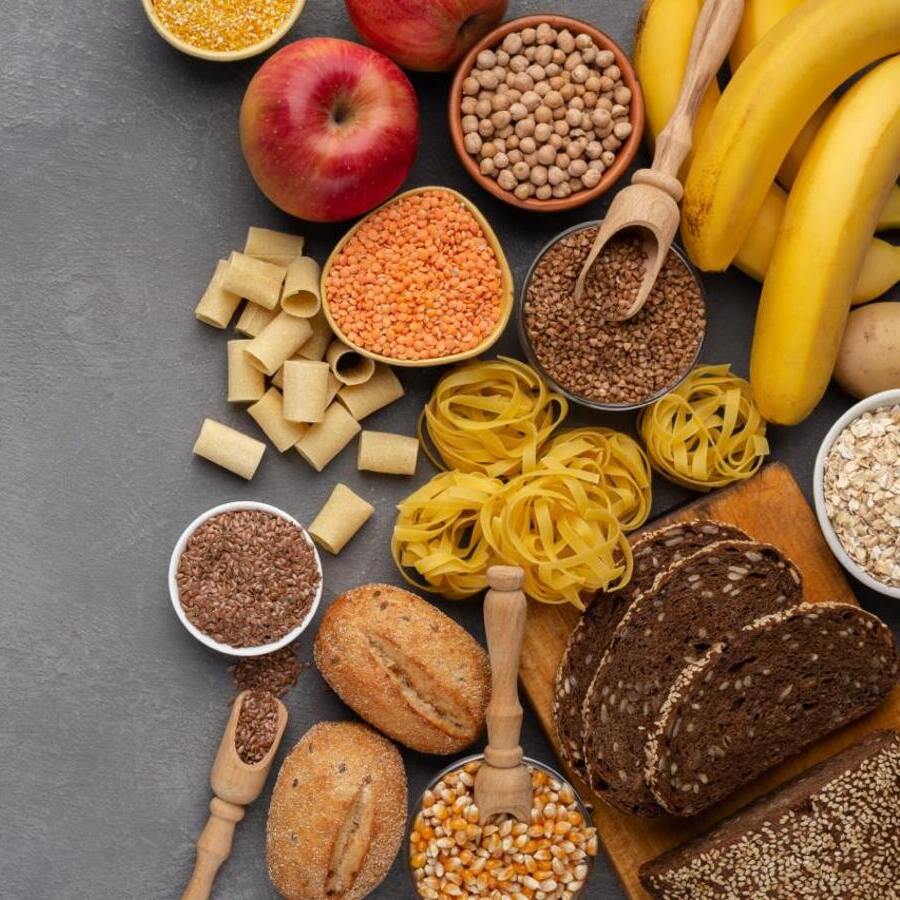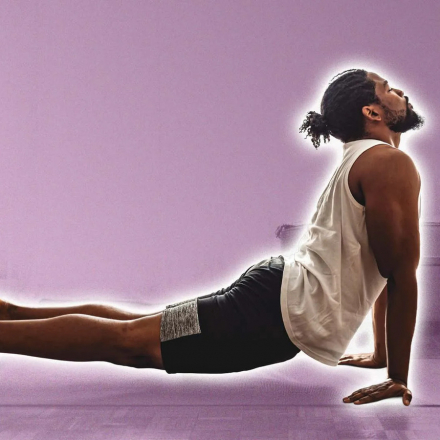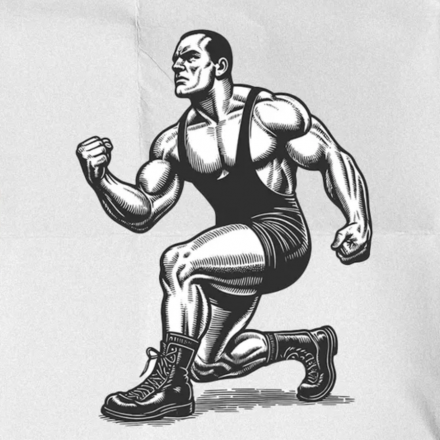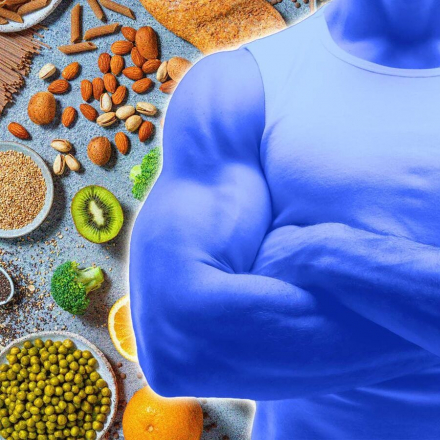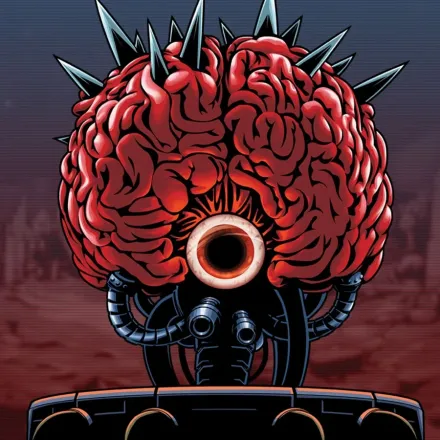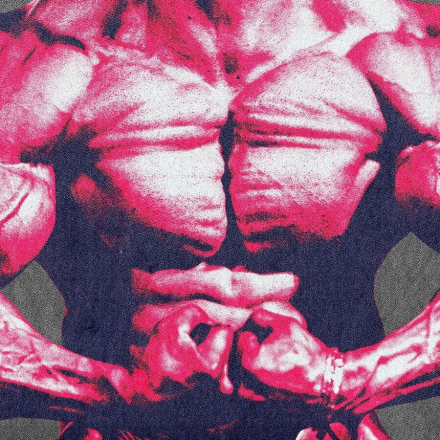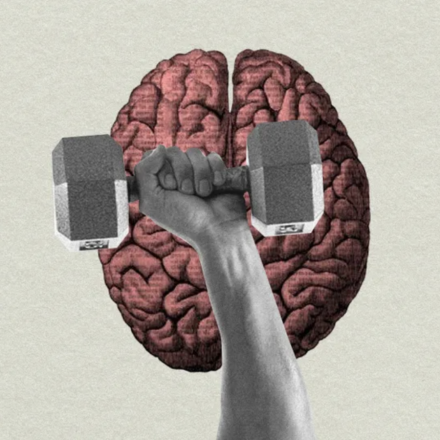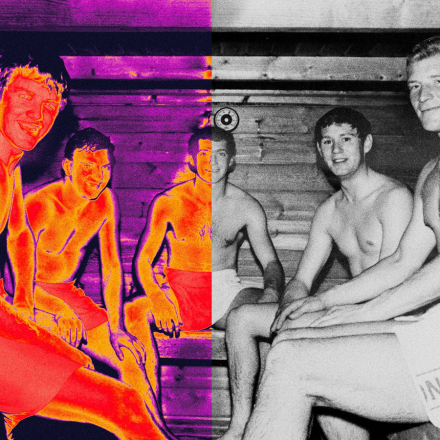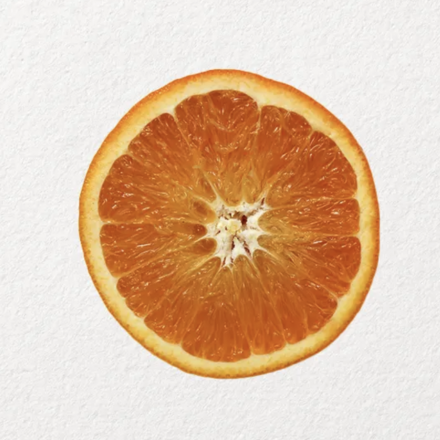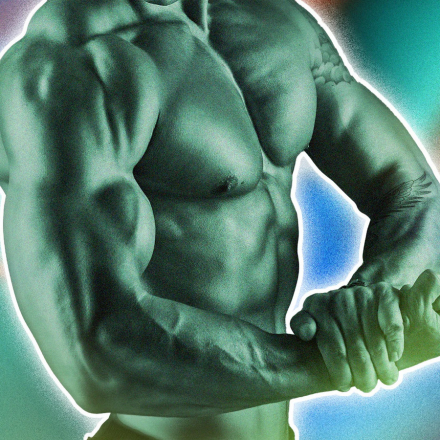In the world of fitness and healthy eating, there are many theories and methods, and one of the most popular today is low-carb diets. You’ve probably come across posts online or heard advice from friends about how people drastically reduce their carbohydrate intake to lose a few pounds or “reset” their body. However, before following this trend, it’s important to understand that this approach is not always ideal and can lead to a range of both positive and unpleasant consequences. Let’s break down what really happens to your body if you decide to cut carbohydrates from your diet drastically.
Fat Burning
When you reduce the amount of carbohydrates, your body starts using other sources of energy. The primary carbohydrate store in the body is glycogen, which is stored in the liver and muscles. When you stop consuming carbohydrates, glycogen is used up quickly, and the body begins to seek alternative energy sources. Through gluconeogenesis and ketogenesis, your body uses fats and amino acids to synthesize glucose, and the liver converts fat into ketones, which become the main energy source. This means your body starts actively burning stored fat.
Ketosis and Its Side Effects
When the body enters a state of ketosis, it can be accompanied by unpleasant sensations such as weakness, dizziness, and headaches. Some people even experience flu-like symptoms. Additionally, drastically cutting carbohydrates can cause problems such as nausea, vomiting, and stomach aches. All of this happens because your body is lacking the nutrients it usually gets from fruits, vegetables, and grains. Ketosis isn’t always fun, and it’s important to be prepared for these side effects.
Emotional and Physical Fatigue
When you drastically eliminate carbohydrates, your body doesn’t immediately adjust to the new energy source. In the first few days, you’ll feel exhausted both physically and emotionally. This isn’t just tiredness; it’s a kind of “psychological stress.” The body feels the lack of carbohydrates, and your emotions begin to fluctuate. At first, you may feel down and irritable, especially if you’re used to quick carbs and sugary snacks.
Bad Breath
One of the most common side effects of a low-carb diet is bad breath. When the body begins to break down fats and uses ketones as the primary energy source, the breath can develop an acidic or acetone-like odor. This is uncomfortable but completely normal for those going through the process of ketosis.
Cravings for Sweets
If your diet was previously rich in refined carbohydrates, suddenly cutting out sugar and sweet foods can lead to a real withdrawal. Your body will crave sugar desperately, and it will be difficult to resist the temptation. However, if you can hold out for at least a week without sweets, you’ll notice how your body gradually adjusts. It’s important to remember that you’re not alone—many men who have decided to temporarily cut out carbohydrates notice that their cravings for sweets pass after a few days.
Strain on the Heart
Some low-carb diets are high in fats, which can put additional strain on the heart. This is especially true if your diet includes harmful trans fats. This can increase the level of “bad” cholesterol in the blood and raise the risk of cardiovascular diseases. Therefore, if you decide to reduce carbs, make sure to monitor the quality of fats in your diet.

